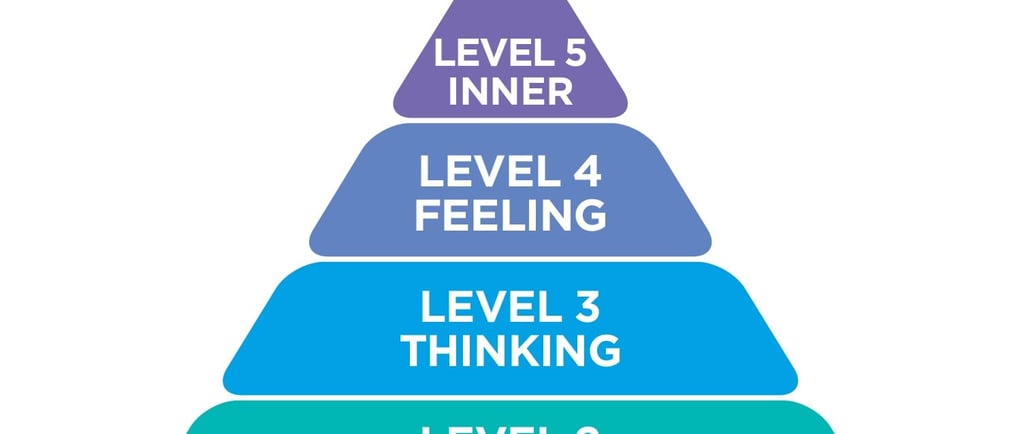What Is Coaching? A Fierce Perspective
what is coaching: "We help people see what they can’t see, say what they’re not saying, and do what they’re not doing."
Mark Saymen
5/21/20252 min read


What Is Coaching? A Fierce Perspective
Coaching is the art of partnering in a thought-provoking, truth-revealing, and action-oriented dialogue that empowers individuals to reach their fullest potential. Unlike advising or managing, coaching helps individuals see what they can't see, say what they’re not saying, and do what they’re not doing—unlocking blind spots, voicing hidden concerns, and catalyzing meaningful action.
The Werewolf Story: Coaching Through Transformation
In Fierce Conversations, Susan Scott tells the story of the werewolf: a metaphor for the hidden or suppressed parts of ourselves that we often don’t confront. In the story, the werewolf lives within us all—representing fears, unspoken truths, limiting beliefs, or unresolved conflicts. Many avoid facing their werewolf, but a coach dares to step into that space.
Coaching is the flashlight in the dark, revealing the werewolf not as a monster to be feared, but as a truth to be understood and integrated. In doing so, coaching becomes a catalyst for transformation, not just performance enhancement.
Key Dimensions of Coaching (with Real-World Examples):
See what they can’t see: Reveal blind spots, limiting patterns, or systemic blocks.
Example: A leader unknowingly micromanages—blocking team growth. A coach surfaces this.
Say what they’re not saying: Bring forth suppressed opinions or emotional truths.
Example: An executive avoids conflict. A coach helps name the tension respectfully.
Do what they’re not doing: Catalyze bold action or commitment that has been postponed.
Example:A VP procrastinates on launching a new initiative. The coach challenges with accountability.
Statistical Validation: Why Coaching Matters
According to the International Coaching Federation (ICF):
86% of companies say they recouped their coaching investment.
70% of clients report improved work performance, communication, and relationships.
80% of people who receive coaching report increased self-confidence.
Coaching increases goal attainment by over 40% compared to training alone (Forbes, 2021).
The Coach Is Not the Hero—You Are
The coach’s role is not to provide answers but to ask better questions. As Susan Scott might say, the transformation doesn’t happen because the coach slays the werewolf—but because the coachee learns that the werewolf was never the enemy.
Close: Coaching for Innovation and Executive Growth
In innovation-driven, fast-evolving organizations, executive coaching isn’t a luxury—it’s a necessity. It builds adaptive leaders, creates psychological safety, and fosters cultures that learn rather than blame. And it all starts with a conversation fierce enough to confront the truth—and gentle enough to lead it out.
